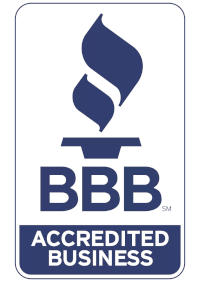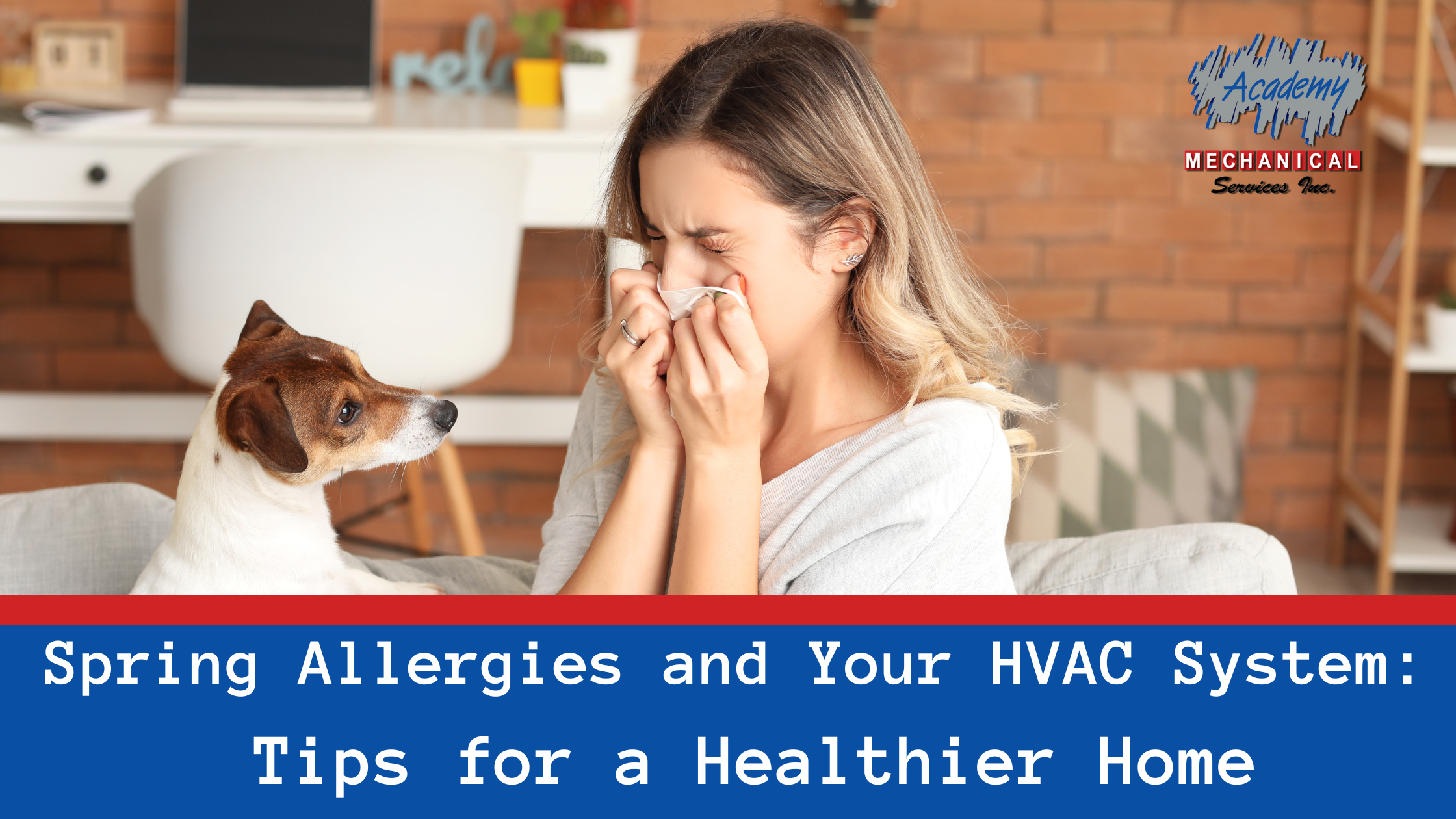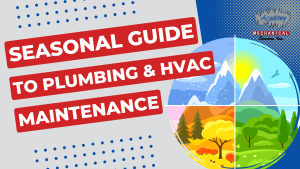As winter fades away and nature begins to bloom, many of us eagerly welcome the arrival of spring. However, for allergy sufferers, this season also brings the dreaded onslaught of pollen, dust, and other allergens. While you may be quick to blame the great outdoors for your sniffles and sneezes, your indoor environment could also be a culprit. In fact, your HVAC system plays a significant role in maintaining indoor air quality and managing spring allergies. Here are some tips to ensure you keep your home healthy and allergy-free this spring.
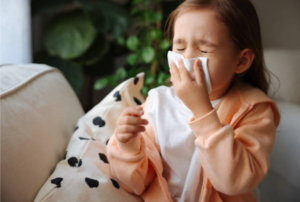
- Regular maintenance: A healthy HVAC system begins with regular maintenance. Before spring kicks into full gear, schedule an inspection and maintenance service for your HVAC system. This includes cleaning or replacing air filters, checking for any leaks or blockages in ducts, and ensuring proper functioning of all components. A well-maintained system not only operates more efficiently but also helps in filtering out allergens effectively.
- Utilize air purifiers: Consider adding standalone air purifiers to your home, especially in rooms where you spend a significant amount of time. Air purifiers equipped with HEPA (High-Efficiency Particulate Air) filters can capture even the tiniest allergens, ensuring that the air you breathe is virtually free from airborne contaminants.
- Maintain optimal humidity levels: Controlling humidity levels in your home is essential for reducing allergies. Excess moisture can promote the growth of mold and mildew, making allergy symptoms worse while overly dry air can irritate the respiratory system. Invest in a humidifier or dehumidifier to maintain optimal humidity levels (ideally between 30-50%) and create a comfortable indoor environment.
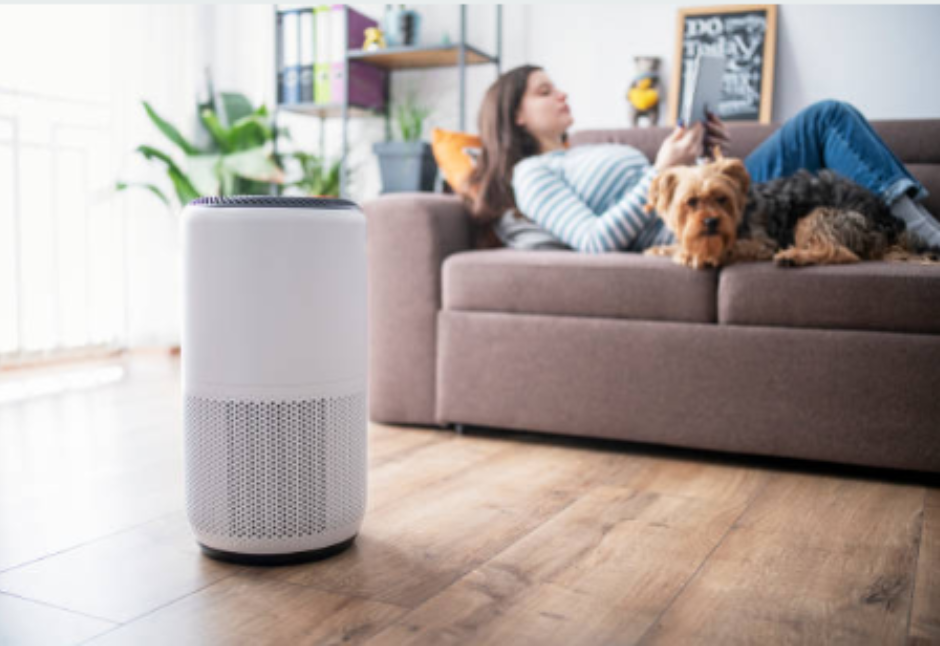
4. Seal and insulate ductwork: Leaky ductwork can allow allergens into your home and compromise indoor air quality. Inspect your ductwork for any signs of leaks or gaps and seal them promptly. Proper insulation also helps in preventing heat loss or gain, improving energy efficiency, and reducing the workload on your HVAC system.
5.Practice regular cleaning: Keeping your home clean can help to minimize the accumulation of allergens. Regularly vacuum carpets, rugs, and upholstery using a vacuum cleaner equipped with a HEPA filter. Dust surfaces with a damp cloth to trap and remove allergens effectively. Additionally, wash bedding and curtains frequently to prevent allergen buildup.
As we move into the spring season, taking proactive steps to optimize your HVAC system can make a significant difference in alleviating allergy symptoms and promoting a healthier home environment. By incorporating these tips into your spring-cleaning routine and ensuring proper maintenance of your HVAC system, you can enjoy the beauty of spring without the discomfort of allergies lingering indoors. Remember, a healthier home begins with clean, allergen-free air provided by a well-functioning HVAC system.
